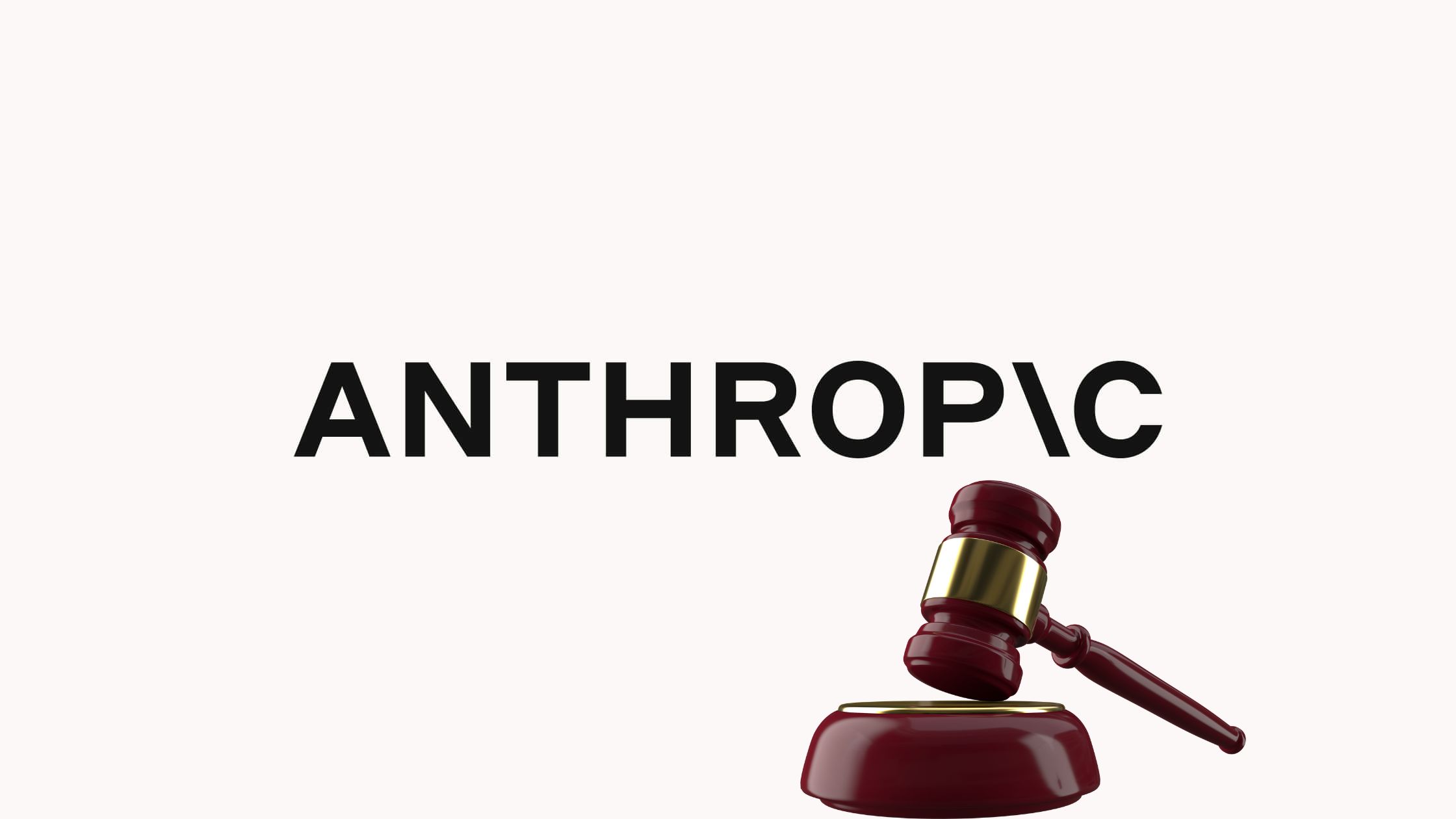Anthropic, the AI company behind the Claude chatbot, has agreed to pay a massive $1.5 billion to settle a class-action lawsuit brought by authors whose books were allegedly pirated to train the AI. But what seems like a historic win for writers might actually reveal deeper tensions between creative communities and the tech giants shaping artificial intelligence.
The lawsuit, filed last year by a trio of authors including thriller novelist Andrea Bartz, accused Anthropic of downloading millions of books some pirated from notorious sites like Library Genesis and Pirate Library Mirror to feed Claude’s training data. Under the settlement, authors are set to receive roughly $3,000 per book, covering about 500,000 titles in total, making this the largest copyright recovery ever seen in an AI-related case.
At face value, this payout sounds like a milestone for author rights in the AI age. “This sends a strong message to the AI industry,” said Mary Rasenberger, CEO of the Authors Guild, emphasizing that companies cannot simply pirate creative work with impunity. Yet, some critics immediately questioned whether this settlement truly benefits writers or just shields a deep-pocketed tech firm eager to move on.
Anthropic, which raised $13 billion recently, will pay out these substantial damages but avoids an outright admission of broad copyright violation, highlighting that some content involved was legally purchased. A judge’s earlier ruling noted that using legally bought books for AI training did not break the law, complicating the legal landscape for future cases. Meanwhile, the settlement reportedly excludes duplicate or uncopyrighted books, concentrating payouts on an estimated half-million copyrighted works.
The bigger issue at stake is far from settled. AI models require vast, diverse datasets to improve, and tech companies increasingly scrape everything from the open web to underground “shadow libraries.” This induces a chilling effect on creative industries, whose livelihoods depend on control over their intellectual property. As companies push AI’s limits, they test the boundaries of copyright in ways the system was never designed to handle.
Many authors see the payout more as a costly fine for industrial-scale infringement rather than true justice. While $3,000 per book might sound generous, in aggregate it pales compared to the massive profits and fresh funding cycles AI firms enjoy. The settlement leaves unresolved the thorny ethical and economic questions about AI training data rights and the future of creative work in a digitally mined world.
This landmark case may set precedents but also underscores a systemic imbalance. For now, authors gain a rare financial acknowledgment, yet the AI industry presses on ready to exploit ever more data with uncertain consequences for the creative ecosystem. The true reckoning over how technology respects creator rights has barely begun, and this settlement is just the opening chapter.


